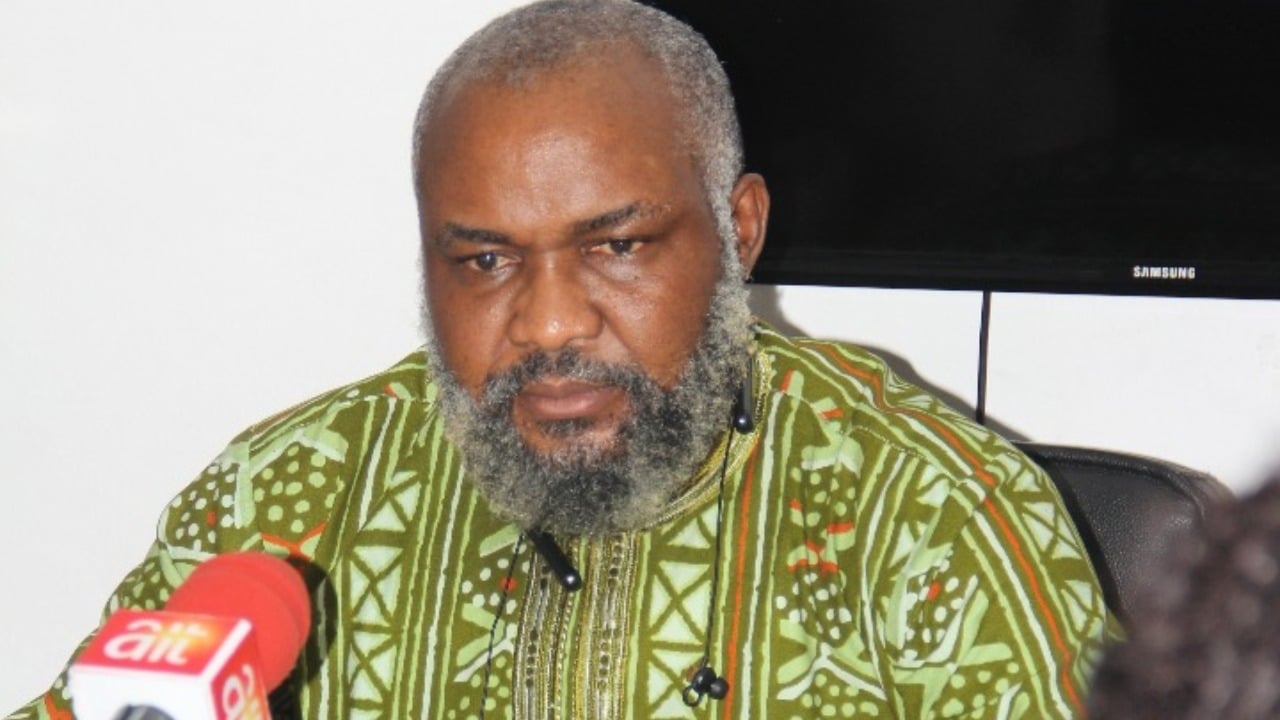
HURIWA’s national Coordinator, Comrade Emmanuel Onwubiko in a statement asserted that President Tinubu’s engagement of Nigerian troops in warfare without the approval of the National Assembly constitutes a breach of constitutional provisions.
The rights group warn that President Tinubu stood the risk of impeachment if he goes ahead to deploy troops to Niger.
HURIWA kicks against any deployment of the military in Niger Republic when in Nigeria, we are buffeted and enveloped by armed insurgency of diverse dimensions, terrorism, armed banditry and incessant attacks of farmers by armed Fulani terrorists.
The Rights group maintained that the President of Nigeria had better focused on putting to an end Nigeria’s internal contradictions and the ceaseless bloodshed by armed terrorists rather than dissipate energy and fritter scarce resources fighting another people’s war.”
HURIWA urged the National Assembly to assert its constitutional responsibility, safeguarding the nation’s interests and ensuring military engagements follow lawful procedures.
HURIWA contended that section 5 (4) of the constitution stipulate that the President cannot declare a state of war between the Federation and another country without the National Assembly’s sanction and that the deployment of armed forces outside Nigeria requires prior approval from the Senate.
It noted: “Subsection 5 (4) (a) explicitly states that the President cannot declare a state of war between the Federation and another country without the sanction of a resolution from both Houses of the National Assembly, sitting in a joint session.
” This requirement underscored the principle of checks and balances, ensuring that decisions of such magnitude are subject to democratic scrutiny and debate.
“Further, subsection 5 (4) (b) imposes the requirement for prior approval from the Senate before deploying any member of the armed forces of the Federation on combat duty outside Nigeria.
” This provision serves as an additional layer of oversight, reflecting the Constitution’s emphasis on collective decision-making in matters that impact national security.”
Additionally, HURIWA referred to Article 5, Section 80, of the Nigerian Constitution, which mandates legislative authorization for the withdrawal of funds from the Consolidated Revenue Fund for expenditures.
The association argues that such authorization is equally essential for deploying the Nigerian Army to foreign military operations.
“Article 5, Section 80 of the Nigerian Constitution stipulates that no money shall be withdrawn from the Consolidated Revenue Fund of the Federation except to meet expenditure that is charged upon the fund by this Constitution or where the issue of those funds has been authorized by an Act of the National Assembly. Such legislative authorization is equally crucial for the deployment of the Nigerian Army to foreign military operations”.
Likewise, HURIWA challenged President Tinubu’s reliance on the ECOWAS Parliament’s authorization for military action. The association asserted that the Nigerian Constitution does not grant the ECOWAS Parliament the constitutional authority to sanction the deployment of Nigerian troops in foreign territories. HURIWA further observed that even the so-called ECOWAS Parliament has refused to permit the use of military force to unseat the coupists who seized power by the barrels of the guns in Niger Republic.
“Adopted in 1999 and ratified by all 15 ECOWAS Member States in 2001, the ECOWAS Protocol Relating to the Mechanism for Conflict Prevention, Management, Resolution, Peacekeeping, and Security outlines the mechanisms for ECOWAS’ intervention in member states’ conflicts under specified circumstances. This protocol establishes a framework for regional cooperation in maintaining peace and security while also safeguarding the principles of sovereignty and non-interference”.
While underscoring the legal dimensions of the issue, HURIWA also, highlighted other crucial considerations, including constitutional integrity, preservation of legitimacy, national security implications, operational aspects, and national interests. The association emphasized that adherence to constitutional safeguards is essential for upholding democratic principles and the rule of law.
However, HURIWA acknowledged the complexities President Tinubu faces as both the President of Nigeria and the Chairman of ECOWAS. Hence, the association underscored the necessity for expert advice across legal, diplomatic, and operational/military domains to ensure decisions are in Nigeria’s best interests.






